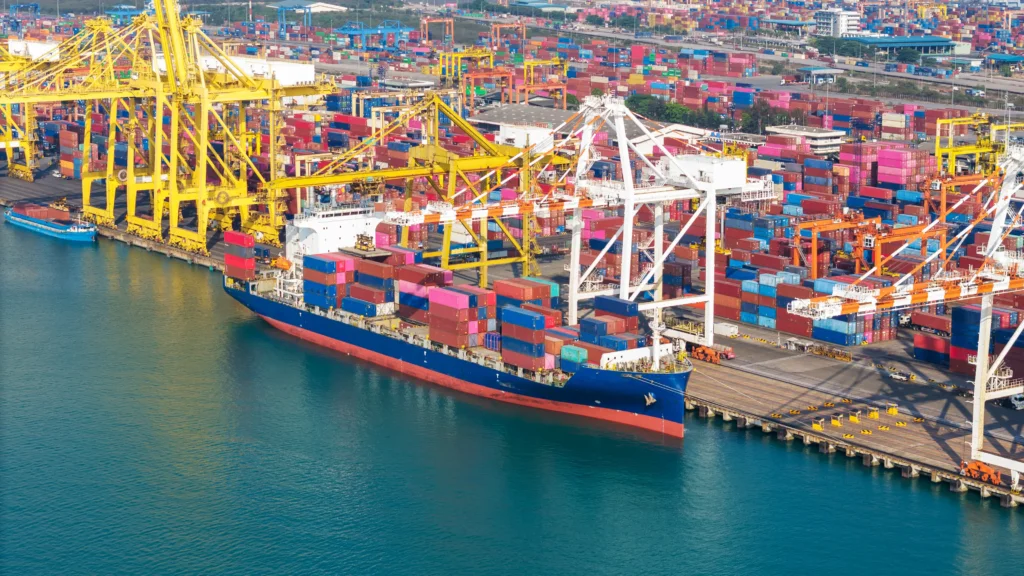The DCSA believes that switching away from the transfer of physical paper bills of lading could save $6.5 billion in direct costs for stakeholders, enable $30-40 billion in annual global trade growth, transform the customer experience and improve sustainability.
The association says that ocean carriers issue around 45 million bills of lading a year. In 2021, only 1.2% of these were electronic.
The remaining 98.8% are manual, paper-based processes, which the DCSA notes are time-consuming, expensive and environmentally unsustainable for stakeholders along complex supply chains. Paper-based processes break down when cargo in ports cannot be gated out because original bills of lading, or title documents fail to arrive or cannot be manually processed in time, adds the DCSA.
In contrast, the DCSA says that digital processes enable data to flow instantly and securely, reducing delays and waste. Transforming document exchange through the eBL will accelerate digitalisation to benefit customers, banks, customs/government authorities, providers of ocean shipping services and all maritime supply chain stakeholders.
Commenting on the announcement, Thomas Bagge, Chief Executive Officer of the DCSA, said:
“The digitalisation of international trade holds vast potential for the world economy by reducing friction and, as trade brings prosperity and the eBL will further enable trade, helping bring millions out of poverty. This heralds the start of a new era in container shipping as the industry transitions to scaled automation and fully paperless trade. Document digitalisation has the power to transform international trade and requires collaboration from all stakeholders. I applaud the leadership of our members in coming together to achieve this important milestone.”
A number of the signatories from the shipping industry have also offered comment.
Among them is Soren Toft, CEO of MSC Mediterranean Shipping Company, who said>
“I am delighted that carriers are taking this big step towards paperless trade. Our industry needs to accelerate digitalisation to help make shipping more efficient, more secure and a better experience for our customers. On top of these benefits, moving to 100% eBL will contribute towards our climate goals, as we move towards net zero 2050.”
Vincent Clerc, CEO of A.P. Moller – Maersk, added:
“This is an important step in the journey towards creating a digital standard of one of the most cost heavy and troublesome components in the shipping industry. A fully digitised bill of lading enables a more seamless customer experience across the supply chain and in turn it will help democratise trade and reduce time and costs for all involved parties. The need for digitisation in logistics is urgent, and the industry needs to speed up the process.”
Olivier Nivoix, Group Executive Vice-President of Shipping at CMA CGM Group, commented:
“The 100% eBL goal is an important milestone for the shipping industry, paving the way for the digitization of the entire value chain. It will help reduce lead times and costs, improve customer satisfaction and achieve CSR goals. As a company committed to a reliable, transparent and sustainable supply chain, CMA CGM will play an active role in this initiative.”
Representatives from Hapag-Lloyd, ONE, Evergreen Marine, Yang Ming, HMM and ZIM have also backed the 2030 target.
Photo by Ronan Furuta on Unsplash









